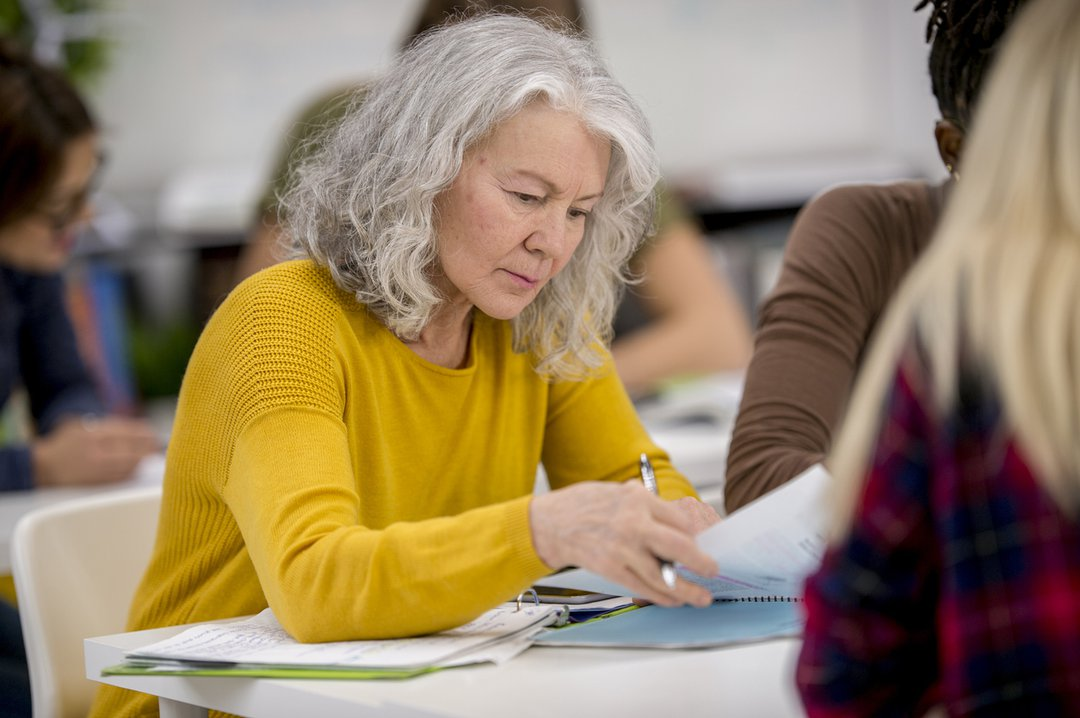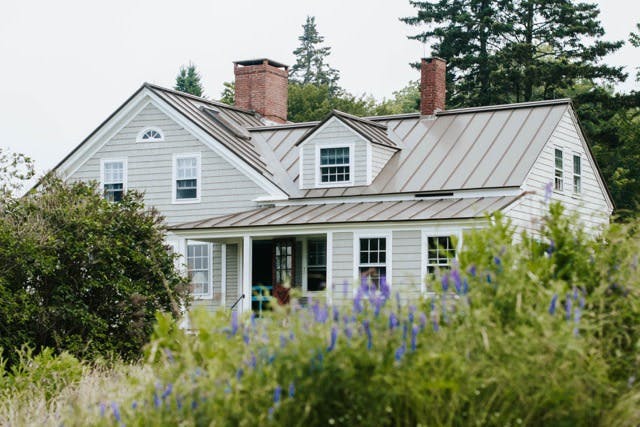General Interest - Personal
If going back to school is your idea of fun in retirement, you’re not alone
September 01, 2021
Lily Eng has lost track of just how many courses she’s taken since retiring from her teaching job two decades ago: 20 or 30. Probably more.
She’s studied art history, women’s art, Cantonese, Chinese history, comparative religion, critical thinking and the list goes on.
“When I was teaching, I always wanted time to sit down and learn different things,” says Ms. Eng, 80, of Vancouver. “I had to wait until I retired.”
Canadians are living longer, healthier lives and, in many cases, are retiring earlier than any previous generation. Some, like Ms. Eng, also prefer going back to school to more traditional retirement activities such as gardening.
And there is a growing body of evidence that novel learning is one of the most important measures people can take to maintain brain health as they age.
A former elementary and secondary teacher, Ms. Eng believes in lifelong learning as a principle and its benefits on brain health and aging.
She’s taken courses at Langara College, Simon Fraser University (SFU) and the University of British Columbia (UBC), the latter where students 65-plus don’t have to pay tuition. She audits the courses, meaning she doesn’t take them for credits and is not working toward a degree or certificate. It’s just for fun.
At Langara, she took a course on Italian Renaissance art that included a trip to Italy.
“That was great,” she says. “My ex, he didn’t like to travel at all. So it was great for me to travel with a group of students and not having to write the diaries and journals and just enjoy it. It was a great travelling experience.”
One of the added benefits of her studies has turned out to be attending classes with younger students, she says.
“Even though I was auditing, some of the professors insisted that I do joint essays or composition or videos with the kids. And boy, they’re really up to date. They know what they’re doing,” she says. “I enjoy the interactions with young students.”
That interaction among generations is one of the reasons York University offers a tuition-fee waiver as an incentive for seniors to enroll in undergraduate and graduate programs, says Lucy Fromowitz, vice-provost students.
“The enrolment of seniors contributes to diversity of perspectives in the classroom and brings people with different levels of experience into contact,” she says.
It brings heightened opportunities for critical thinking about what is learned in the classroom and how it applies outside the classroom, she adds.
“Some instructors report that mature students add lived experience and critical thinking that enliven the discussions that take place in the classroom,” she says.
York has approximately 430 students aged 60 and older in undergraduate and graduate programs, says Ms. Fromowitz.
Some come for career progression or career change, but personal fulfilment is another common reason, she says.
“Seniors, particularly those leaving the work force for early retirement, are looking to keep their minds meaningfully engaged and are pursuing an opportunity for learning that may have been denied to them in the past, either because of work and family obligations or because of financial barriers,” she says.
At SFU, the Liberal Arts and 55-plus program offering non-credit courses is a popular part of its continuing studies lineup. Courses in everything from philosophy to a history of jazz violin are typically a couple of hours a couple of times a week, for six weeks.
The courses are open to anyone, but the bulk of students are 65 to 75, and they come for socialization as much as the mental stimulation, says Susan Rhodes, the program director. Fees are lower for senior students.
“There’s most definitely the mental stimulation and maintaining mental health, but absolutely a huge part of it is socialization,” she says.
In-person courses will resume in January, but going online during the COVID-19 pandemic opened the SFU program to students around the world and some online content will continue, Ms. Rhodes says. There were students enrolled from all over Vancouver Island, the U.S. and even a student in Belfast and another in Qatar.
“The bulk of our student body are boomers, have university educations, and many are coming back to take courses that they never did at university, because they were very narrowly focused on perhaps their accounting program, and now they’re doing art history,” Ms. Rhodes says.
Normally, the program has 1,500 students enrolled in 40 to 45 courses per term, and music courses are among the most popular. There is a music conductor who teaches courses and a bassoonist from the Vancouver Symphony Orchestra. And then there’s a very popular ‘60s rock n’ roll course.
The program offers an optional certificate, which requires 11-to-12 courses. This past summer, the most senior student was 92, but the most frequent flyer is a man in his mid-70s working on his sixth certificate.
“He’s an interesting person because he had a long-time career and he deliberately takes courses that you wouldn’t necessarily think would be the first course that he would take but what he appreciates most about the program is the variety,” she says. “It makes him stretch and try new things.”
Ms. Eng ran out of Cantonese courses at UBC and has continued to relearn her mother tongue through private lessons. She plans to take more music courses in future, as well as history and comparative religion.
“Oh, there’s a lot I like to do,” she says. “I’m happy in retirement.”
This Globe and Mail article was legally licensed by AdvisorStream.
Credit: AdvisorStream and Globe and Mail
Related Posts



